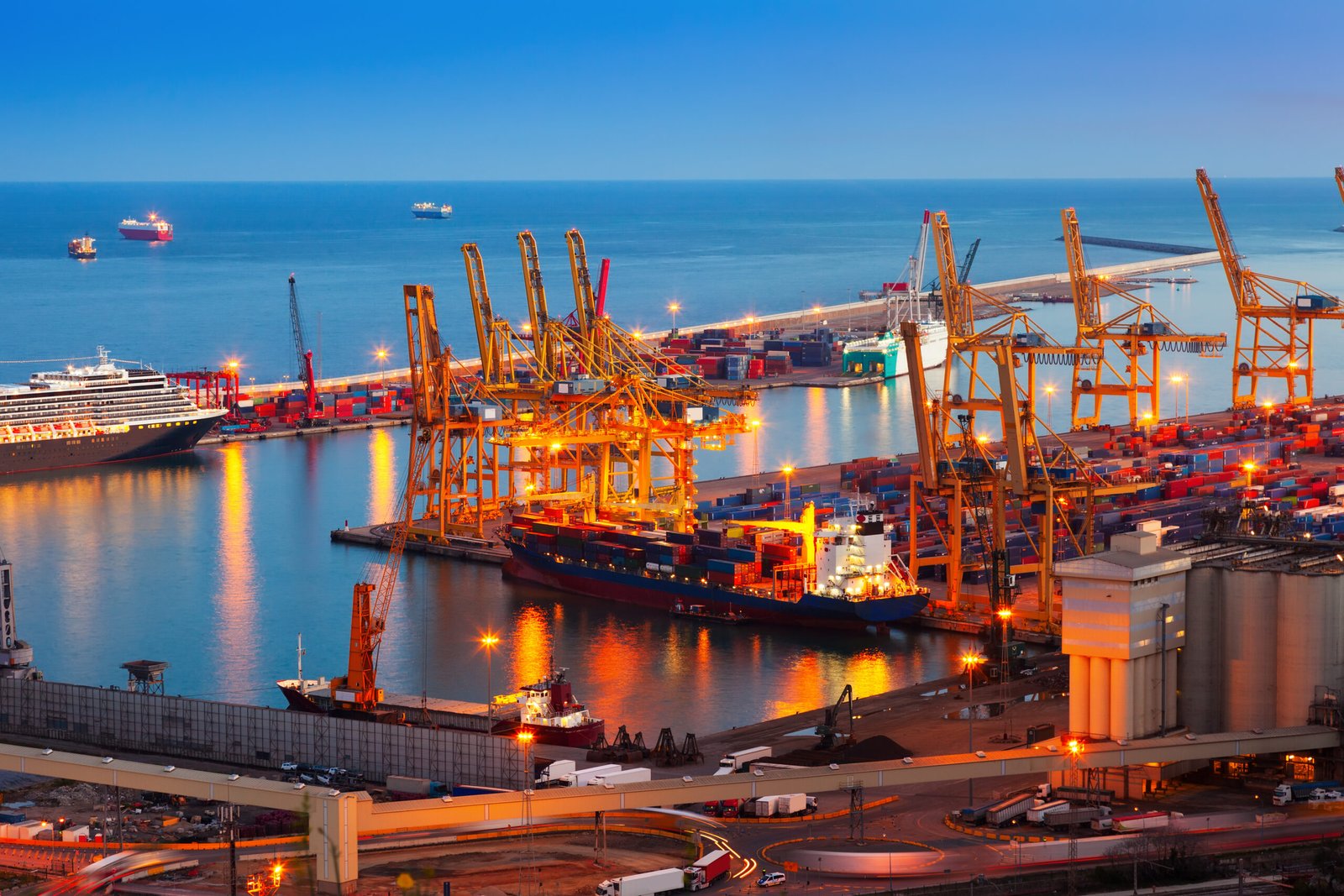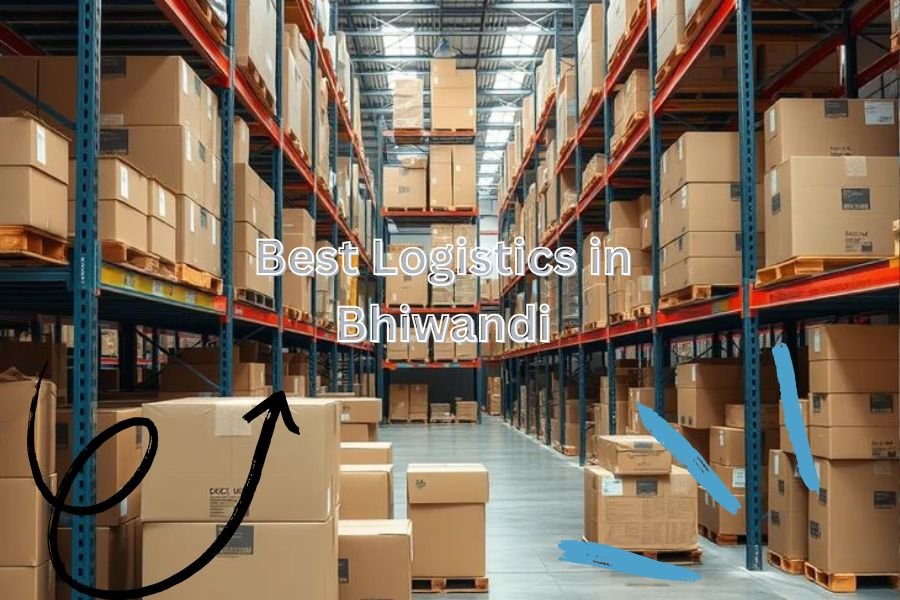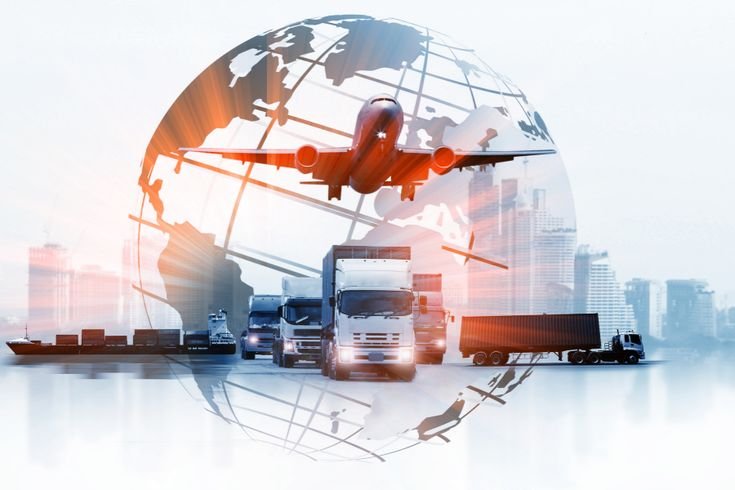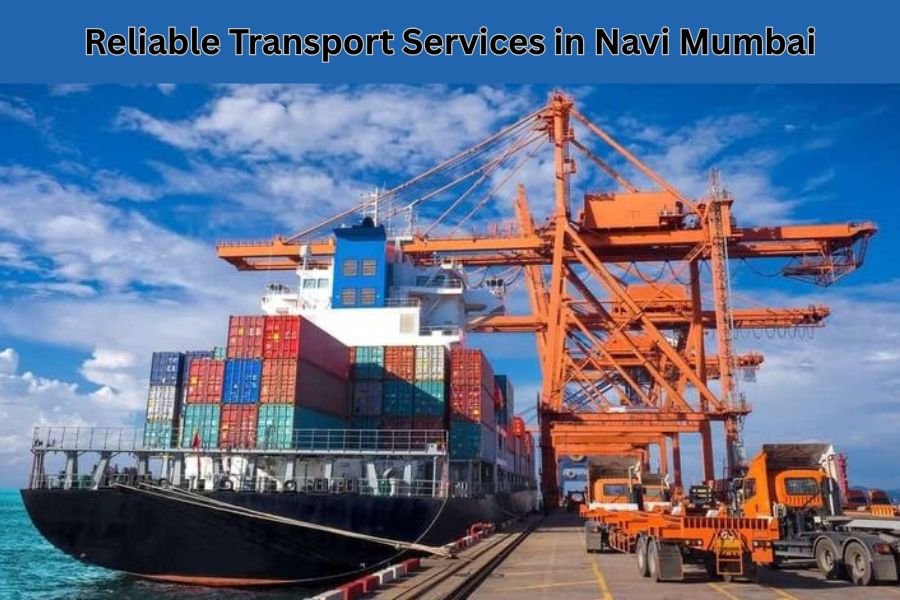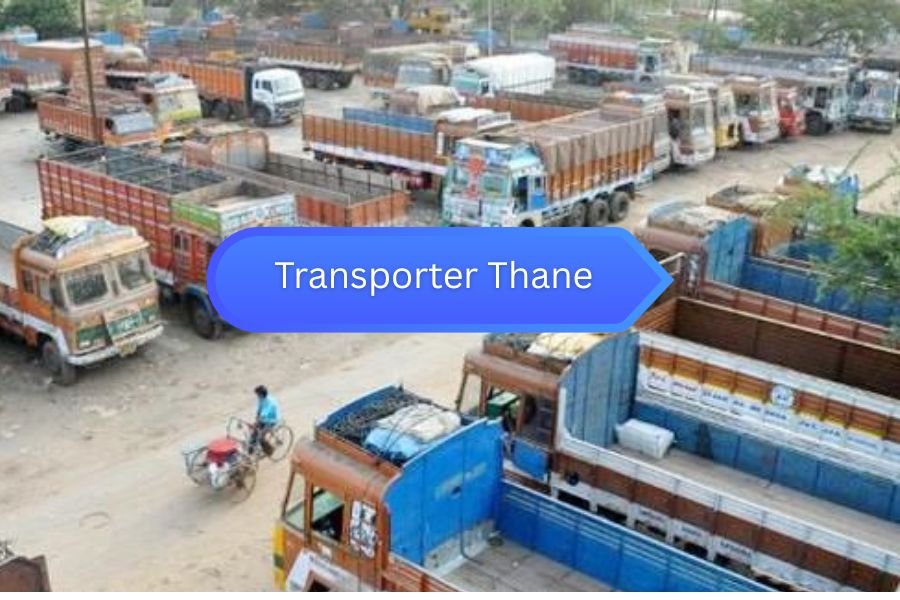Let me tell you something—when I first started shipping products, I had no idea what I was doing. I just picked the first delivery option I saw, crossed my fingers, and hoped my package didn’t bankrupt me or end up in Antarctica.
Fast-forward a bit, and after trial, error, and a few “what-the-heck” shipping bills, I figured out some of the cheapest ways to transport goods—and I’m sharing them with you so you don’t have to make the same mistakes.
🌊 1. Shipping by Sea: Dirt Cheap for Big Stuff
If you’ve got a ton of goods (literally), sea freight is usually your best bet. I once shipped a pallet of supplies from Asia to the U.S. and it cost a fraction of what air freight would’ve been.
Best for: Big, heavy, non-urgent items.
Catch: It’s sloooow. We’re talking 30–45 days slow.
🚂 2. Rail Freight: Surprisingly Cheap Overland
For long distances across countries like the U.S., India, or China, rail is super affordable. I used it to move products from one warehouse to another across states—and it cost way less than trucking.
Best for: Bulk shipments across large land masses.
Catch: You’ll probably still need a truck on either end.
🚚 3. Trucking: Flexible and Affordable (in the Right Scenario)
For shorter distances, road transport is often your go-to. I’ve had good luck with regional courier services and even local freight companies. You can even cut costs with LTL (Less Than Truckload) shipping—where your stuff shares space with others.
Best for: Domestic shipping, door-to-door.
Catch: Fuel costs and tolls can add up.
🛶 4. Inland Waterways: The Hidden Gem (If You Live Near One)
Okay, this one surprised me. If you’re near a river or canal system (Europe is great for this), barge transport is insanely cheap.
Best for: Bulk goods in regions with waterways.
Catch: Slow and limited coverage.
📦 5. Groupage & Freight Consolidation: My Small Business Savior
This one saved my wallet. Freight consolidation (aka groupage) is perfect if you don’t have enough goods to fill a whole truck or container. I use it all the time for smaller shipments.
Best for: Small to mid-sized businesses.
Catch: Might take longer due to shared delivery routes.
💡 Money-Saving Tips I Swear By
- Always compare quotes. Use freight marketplaces—don’t just go with the first carrier you find.
- Negotiate if you’re shipping regularly. Most carriers offer volume discounts.
- Be flexible with delivery times if you can. Slower options usually cost less.
- Use flat-rate boxes when shipping small parcels—especially through postal services.
Final Thoughts
Whether you’re a business owner or just someone moving stuff across the country, there is a cheap way to ship—if you’re willing to do a bit of research. Trust me, the savings add up fast.

